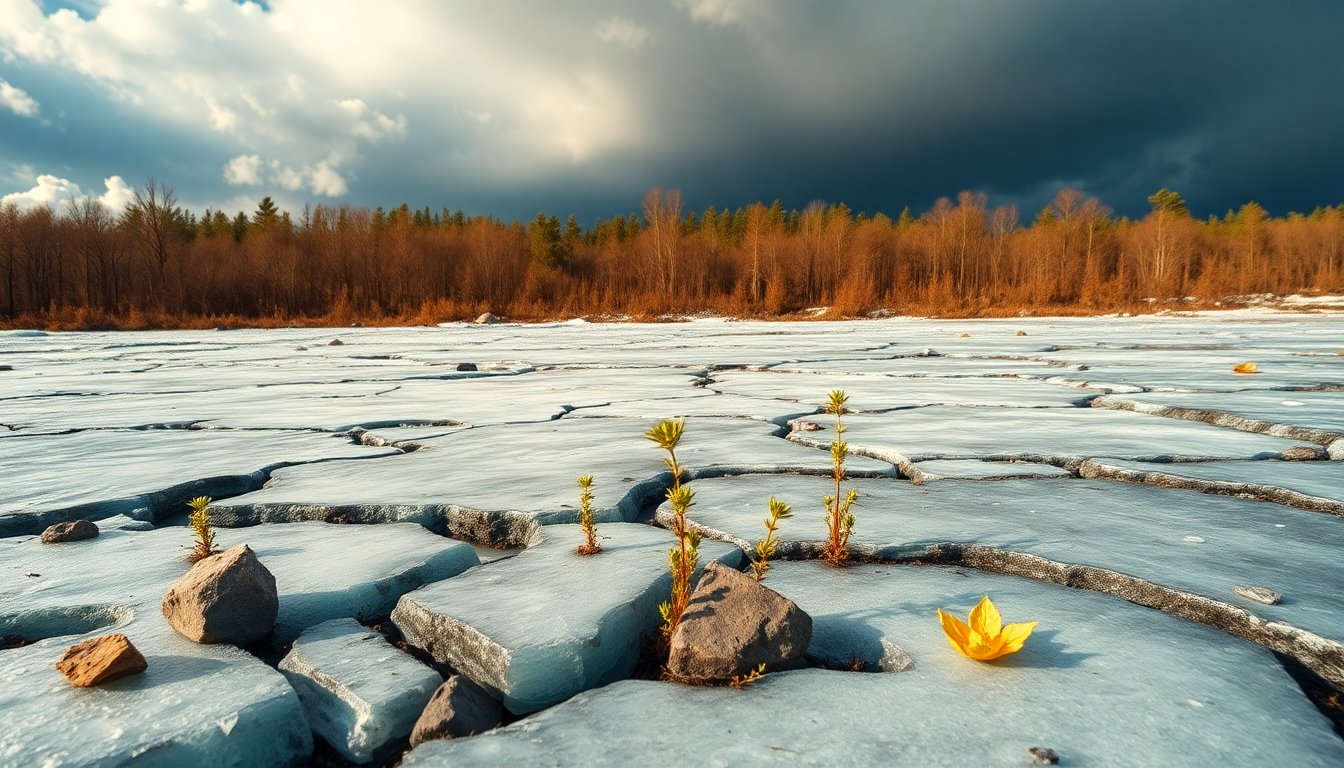Table of Contents
Why the climate crisis narrative is oversimplified
Let’s tell the truth: the mainstream narrative on climate change has become a mantra that few dare to question. We are inundated with dramatic images of melting glaciers and devastating wildfires, yet we rarely have the chance to see the full picture.
Uncomfortable facts and statistics
According to a report from the Global Carbon Project, global CO2 emissions have increased by 60% since 1990, but this growth is not uniform. Countries like India and China continue to experience economic growth while increasing their emissions. This raises an uncomfortable question: is it fair to blame only developed countries for the climate crisis?
Counter-narrative analysis of the situation
Let’s tell the truth: the notion that we can combat climate change by simply adopting renewable energy sources is a dangerous oversimplification. While renewable energy is essential, it is not a cure-all. The reality is less politically correct: the energy transition requires time, investment, and, above all, a radical change in consumption habits. If we are not prepared to reassess our lifestyles, our commitment to climate action is little more than smoke and mirrors.
A provocative conclusion that prompts reflection
I know it’s not popular to say, but the climate change debate needs more critical voices. We must stop demonizing traditional energy sources and begin discussing practical and sustainable solutions. Ignoring the complexities of the situation will only make the problem harder to tackle.
Invitation to critical thinking
It is time for an honest and open debate about climate change. Let’s tell the truth: are we truly ready to change? Or do we prefer to keep pointing fingers while our planet continues to suffer?


